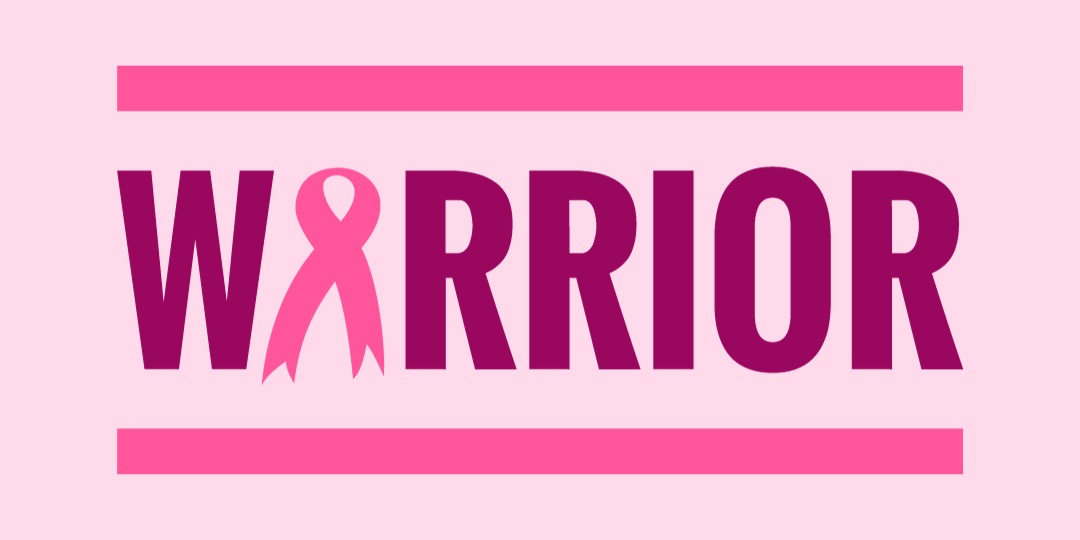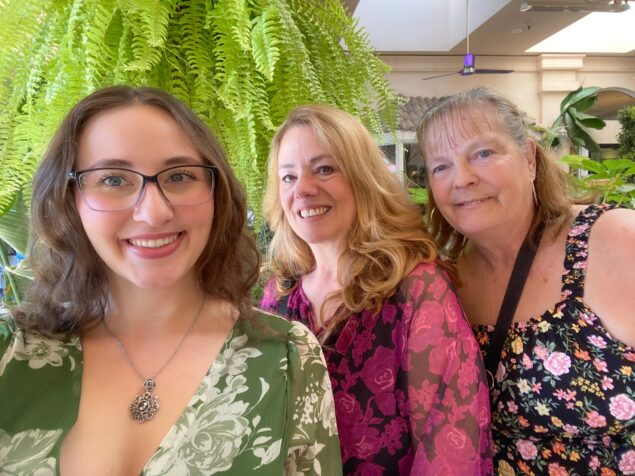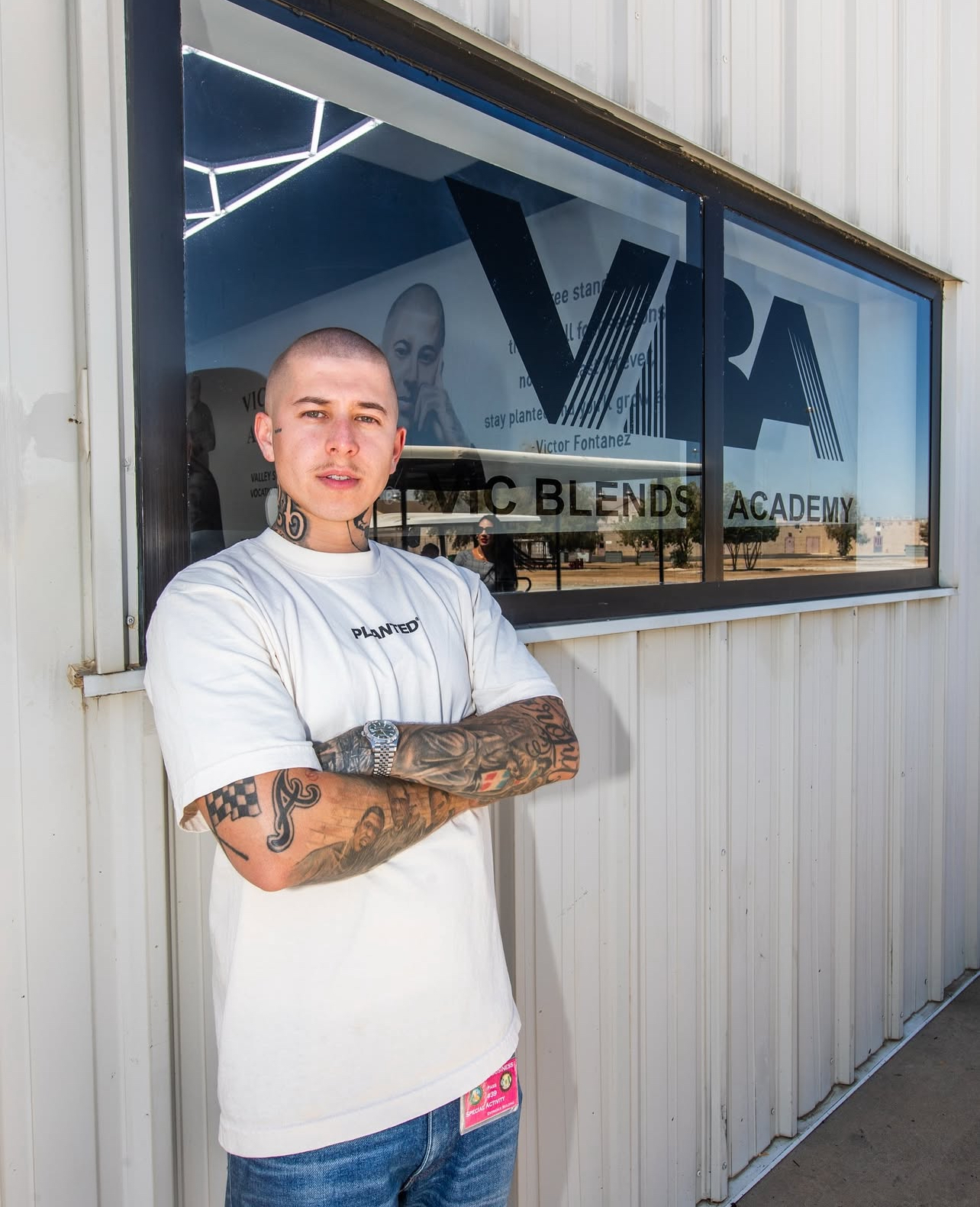
October is the month filled with spooky festivities and pumpkin patches, but it also carries a significant meaning – it’s Breast Cancer Awareness Month.
This international health campaign was started in 1985 by the American Cancer Society and has since evolved into a month-long initiative to raise awareness about breast cancer, its impact, and the importance of early detection and prevention.
The movement was ignited by breast cancer survivor and former first lady, Betty Ford. Her public presence played a pivotal role in the growth and awareness of breast cancer.
In 1992, the pink ribbon we commonly associate with this campaign was introduced as a visual symbol of breast cancer.
Breast Cancer Awareness Month is not just about raising awareness; it’s a celebration of survivors and individuals who fought through the end of their diagnosis. It’s also a way to educate the public on how to take preventative measures, like the recommendation for both women and men between 45-50 to undergo an annual mammogram.
There’s so much to learn and understand about the process of breast cancer. The personal stories shared by survivors hold significant value and acknowledge the severity and hardships patients go through during treatment.

Tina Robertson, 62, a breast cancer survivor, also my grandmother, opened up about her experience. Her journey began when she felt an unfamiliar lump in her breast. Seeking a doctor’s observation, she was soon diagnosed with stage 2 breast cancer in 2021. The only option for treatment was chemotherapy, which was planned to last seven months.
With sadness in her heart and fear of what was to come, she leaned intensely on her family and friends for support. Her driving motive to battle this cancer was her will to live for herself and for her family.
Attending chemotherapy four to five times every two weeks led to hair thinness and eventually to complete hair loss. Her treatments intensely affected her physically and mentally. She experienced nausea, an inability to think clearly, fatigue, and overall body weakness.
The combination of all these factors led to depression but even with all these hardships, she remained strong and never gave up.
During her treatments, I had the privilege of being her in-home caretaker. I drove her to Clovis Community for her appointments and kept her company for the duration of each treatment. Throughout everything, she remained the most generous, comical, and loving grandmother.
I am extremely proud of her for fighting through this battle and staying as positive as she could. Our relationship grew even stronger during this challenge and I am appreciative that I had the opportunity to support her through her journey.
After an extensively long seven month process, she celebrated her remission with a ring of a golden bell. My grandma felt an instant feeling of relief that her chemotherapy was a success.
She called it, “The best feeling ever.”
But this ecstatic feeling of joy was accompanied by skepticism. Every six months she receives a check-up and a feeling of doubt that the cancer that completely vanished presents itself. She feels that at any moment during remission, she could hear the unfortunate news of her cancer returning.
My grandma remains positive and optimistic that it won’t return but she is not naive to the reality of cancer recurrence. She wants to be mentally prepared if it happens.
Her experience, although horrific, made her feel a sense of appreciation for the life she lived and what life has to offer.
Tina’s story serves as a reminder of the strength of the human spirit and the importance of support, awareness, and early detection in the fight against breast cancer. Her advice to those who get diagnosed with breast cancer: “Have faith, stay positive, involve family and friends in your journey.”


